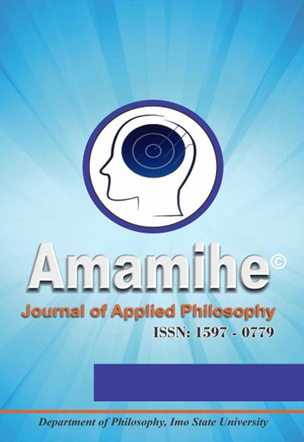
Vol. 23 No. 4, 2025
ABSTRACT
Sán'i-Kweh initiation rites of passage is a bonding ceremony practiced by the Kunini people of Lau, Taraba State, which marks an important moment of transition in their lives. Sán'i Kweh is an important stage that is celebrated after every seven years, it marks the transition youth to adulthood. The purpose of this article is to explore initiation rites of passage of Kunini people, which is part and parcel of their religious life, and, which has been in practice since the time immemorial. The research is qualitative in in nature. It adopted ethnographic and phenomenological approach. Data were collected from participant observation, Focus Group Discussion, oral interviews and related books. The aim of the research to unveiled initiation rites of passage as indispensable mystery of life and death in the religious belief and practice of the Kunini people of Lau Local Government Area, Taraba State. The paper discovered that, rite of passage of the Kunini people is loosing its relevance due to negligence , un-patriotism, rural - urban migration and contact with western culture. The paper recommends that, relevant custodians of Kunini religion and culture should join hands with other stake holders to preserve Kunini rite of passage from loosing its relevance or allowed to go into extinction in contemporary time. There is need for cultural revivalism of some aspects of rite of passage which need to be injected with vitality for posterity sake.
